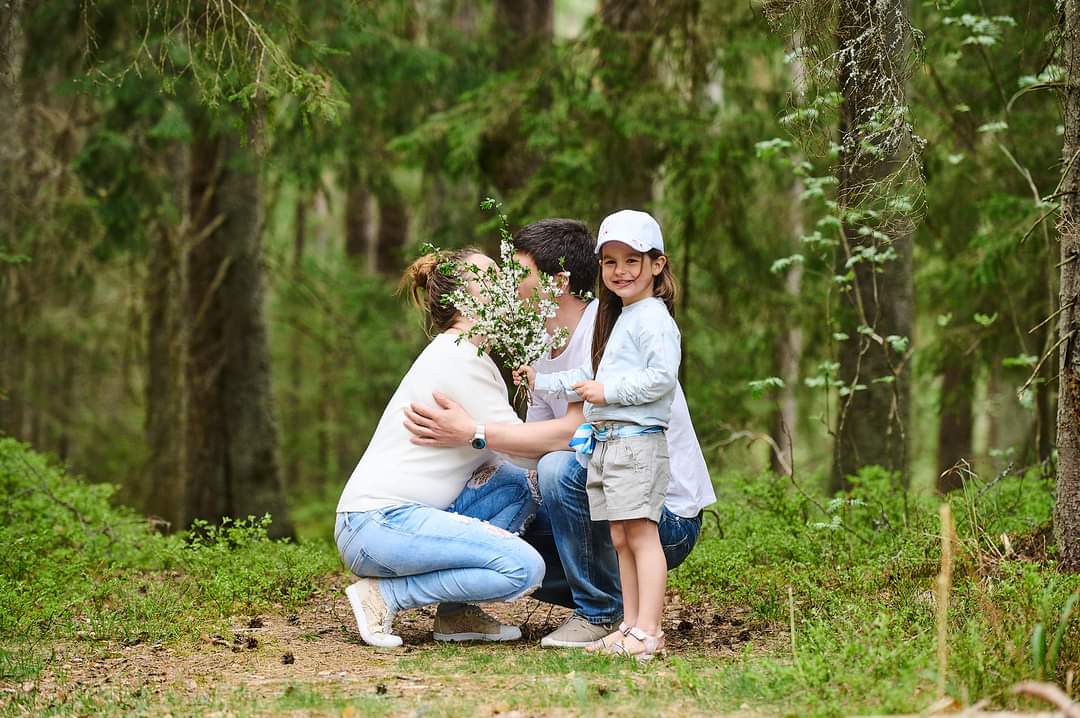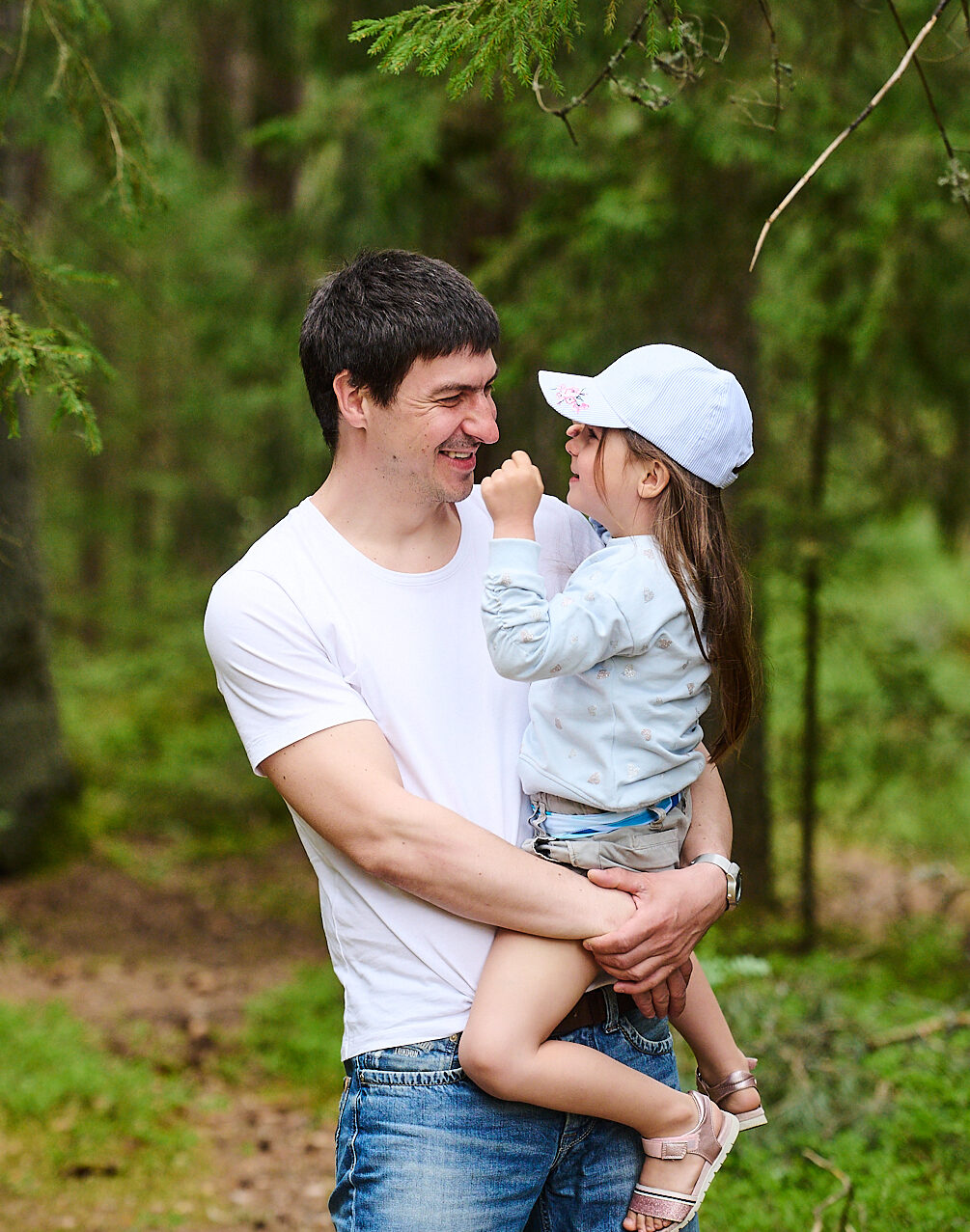THERAPEUTIC DIALOGUES
Therapeutic dialogue
What is therapeutic dialogue?
Therapeutic dialogue is a conversation between two people, guided by a therapist. We are all human, regardless of age or age difference. Whether we want to or not, we bring personal baggage into relationships. Others trigger our hidden issues, and a crisis ensues. Why? Because there is resistance to look into our backpack and open the chests that are securely packed and set aside. However, a crisis is an opportunity that contains a solution. It is good to start with a mutual conversation in a safe space where judgments are set aside and what is needed can come to light.
My thought
"To be honest and respectful is the foundation of deep relationships. Even if the truth is sometimes painful."
To whom is it intended for?
Therapeutic dialogue is open to two people who are experiencing tension, crisis, conflict, misunderstanding, or something else. For example, partners, friends, a parent and child, or colleagues. Therapeutic dialogue between partners is for adults, regardless of the form of the relationship, and parent-child dialogue is intended for one child and one parent, stepparent, or primary caregiver.
Issues or topics you might bring to the session
Topics for couples' dialogue: excessive expectations of the partner, emotional differences, constant arguing, tensions related to responsibility, not understanding each other, thoughts of separation, disagreements in child-rearing, coping with stepchildren, questions about blended families, infertility. Parent-child dialogue is sought after when there are difficulties in understanding, behavior, or helping the child. It is also sought when a parent realizes that the child is taking on responsibilities and duties that are not appropriate and the parent does not know how to change this. Other important topics include: stepchildren, relationships between siblings, and health issues.
What is done?
The therapist introduces the rules, asks specific questions, and gives some important guidelines for responding. The goal is to find hidden transfers and the real causes of tensions. Positions and distortions in relation to each other are also examined. Once the causes have been identified, the therapist uses various methods, explains mechanisms if necessary, and provides a summary. The aim is to find the possibility of reconnection, to clear accumulated tensions, and if possible, to restore balance in the relationship.
What approaches do I use?
This form of therapy weaves together the principles of Imago couples therapy, psychotherapy, body psychotherapy, and systemic approaches. From each of these, I have found elements that complement each other. Depending on the need, I may use one or two approaches. Since each relationship and the people involved are different, everything is shaped during the meeting.
SESSIONS
Therapeutic dialogue for couples
Therapeutic dialogue for couples
Therapy for couples is a dialogue between partners. However, it can also be between any two adults when there is a situation that needs resolving, to continue cooperation, friendship, or a relationship. The goal is to find mutual understanding, see each other’s perspectives, and consider individual differences. Mostly, couples use this form of therapy. Therefore, it can be called couples therapy, but it is not its classical form.
All personal experiences, pain points, and beliefs from past life experiences and family systems are brought into the relationship. These clash when a partner, often unintentionally, triggers unresolved pain points. Eventually, relationships become tangled and drift far from reality.
The importance of couples' work
In therapy, knots are revealed and untangled. By solving difficulties together, you open up, reveal your true selves, and strengthen the connection. A couple’s relationship presents challenges. By sharing responsibilities and duties every day, all the bottlenecks, wounds, and unresolved past experiences come to light. A couple’s relationship always comes first, followed by parenting. Therefore, a balanced couple’s relationship is of utmost importance, and therapy helps to start moving towards that.
Old programs
Living together means being in close contact with one or more family members, and the nervous system is in constant reaction. The ability to resolve conflicts, create connections, distribute roles, and take responsibility is a continuous work with oneself and the cooperation partner. Old beliefs and habits are hard to change the longer we have used them. However, if there is a will and desire, and a common goal, it is possible to change the programs.
Session duration: 1.5 hours - 2 hours | Price: €140

Therapeutic dialogue: Child - Parent
Therapeutic dialogue: Child - Parent
Therapeutic dialogue between a child and a parent is intended to safely express the underlying reasons for the child’s feelings and behaviors. Children often cannot fully understand or articulate what is happening inside them to explain why they did something or felt a certain way. Conversely, parents do not always know how to open up to their child, fearing the loss of authority or appearing weak. Usually, the reason is lack of knowledge and skills. Being able to open up to the child in a way that maintains the parent’s position and triggers safe self-expression in the child is a crucial key. At the same time, the child learns that solutions are possible. The parent, as an adult, serves as a role model who can handle the child’s worries. The power of truth is a wonderful remedy when it is learned to be expressed with dignity and relevance.
What happens in therapy?
This is a meeting where a therapeutic atmosphere is created. The child can express what is on their heart, and the parent listens and responds under the guidance of the therapist so that the truth reaches the child. This releases tensions in the relationship, which emotionally bring them closer together. The parent is responsible for the relationship with the child. Through guided dialogue, they learn what is necessary for important conversations to be had and the relationship to be put in order. Thus, the child can remain a child, and the parent a parent. This form of therapy is special because the child learns and experiences essential life skills together with the parent.
How to prepare?
Before the dialogue begins, I talk with the child alone for about 30 minutes. I let them talk, ask questions, and quietly map out possible topics. Sometimes, I use therapeutic dolls. This helps describe what is hidden in the subconscious. I am a listener, observer, and a little bit of an explorer. Then the parent joins the conversation, and we start the dialogue.
If we were meeting for the first time in the dialogue, I sometimes ask the parent to come for a psychotherapy session beforehand or 30 minutes before the dialogue, and then the child for 30 minutes. Sometimes it is enough if the parent writes down the reason for the session. All depends on the complexity of the topic and how much information is enough to guide the dialogue.
Therefore, when booking an appointment, please include facts and a brief description of the topic, the individuals involved, and the background family of the parent who will be in the dialogue with the child. This way, we can make the necessary arrangements for the future.
Session duration: 1h - 2h | Price: 90€

- The session includes a 30-minute pre-conversation with the child and, if necessary, a 30-minute pre-conversation with the parent.
- Sessions are available in Estonian or English. For sessions in Russian, an additional translation fee of €20 will be applied.
Contact
- +372 5200108
- teraapia@minad.ee
- If you can’t come at the booked time, please let us know 2 days in advance.
- By the time you come and the topic changes, it’s part of the process. Everything is connected.
- During the first meeting, we will get acquainted, map out the situation, and if possible, initiate the initial steps.
- Payment on site.
- Parking is available in a large, free parking lot at the end of the building, behind Kiili Community House (Nabala tee 12).
- For a Zoom session, please contact separately.
Book a session
Contact
- +372 5200108
- teraapia@minad.ee
- If you cannot attend the booked time, please give 2 days’ notice.
- By the time you come, and the topic has changed – it is part of the process. Everything is connected.
- Payment on site.
- Parking is available in a large, free parking lot at the end of the building, behind Kiili Rahvamaja (Nabala tee 12).


